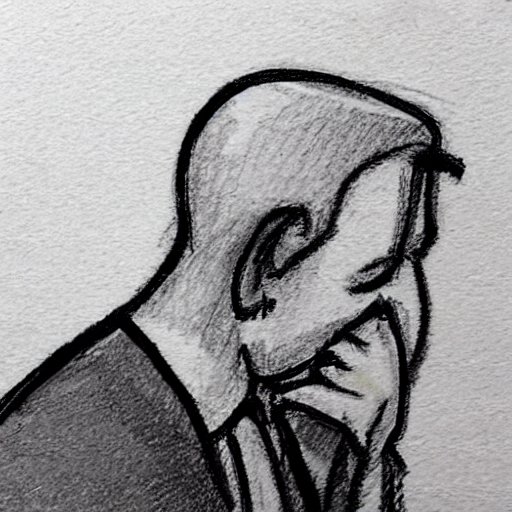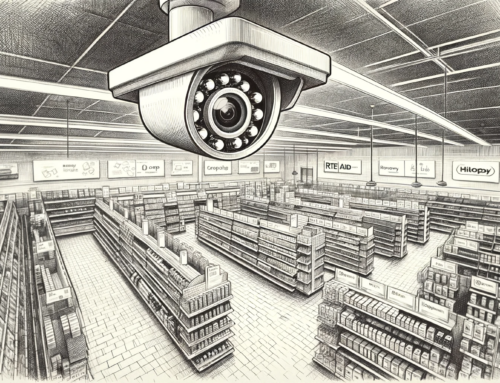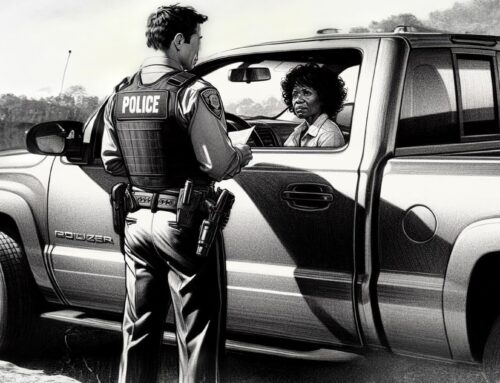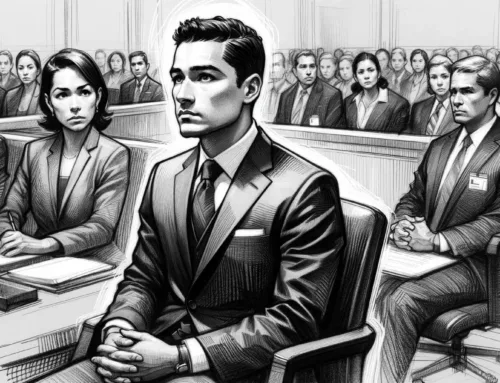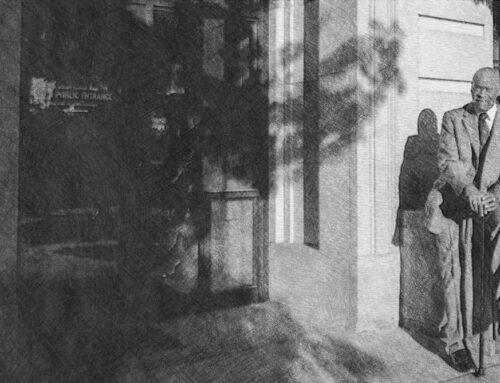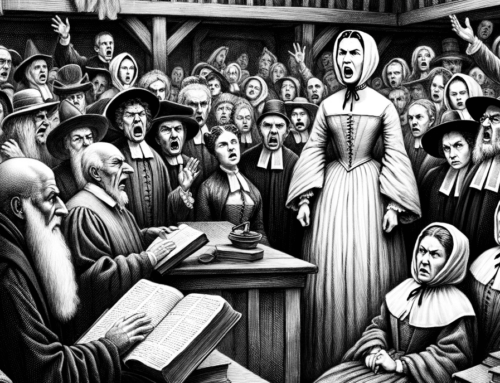Confirmation bias is a natural human tendency that can affect how we process information and make decisions. We all have a cognitive bias toward seeking patterns and organizing information in a way that makes sense to us. When we encounter new information that fits our existing beliefs or expectations, we tend to process it more easily and quickly than information that contradicts our beliefs. This can cause us to overlook or dismiss information that challenges our beliefs, leading to a confirmation bias. In the criminal justice system, confirmation bias can lead to innocent people being arrested, charged, and convicted of crimes.
High Profile Cases Involving Confirmation Bias
One of the most notable examples of confirmation bias in the criminal justice system is the case of the Central Park Five. In 1989, five young black men were wrongfully convicted of raping a white woman in Central Park based on coerced confessions and a flawed investigation. The police and prosecution had preconceived notions about the suspects and focused only on evidence that supported their beliefs, ignoring evidence that pointed to their innocence. The five men were eventually exonerated and received a settlement from the city of New York after serving years in prison.
Another example is the case of Brendan Dassey, a juvenile who was wrongfully convicted of murder in Wisconsin in 2007. Dassey, who was only 16 years old then, was interrogated without an adult present and gave a coerced confession that was later used as evidence against him at trial. The prosecution and police, in this case, were heavily influenced by confirmation bias and ignored evidence that pointed to Dassey’s innocence. Dassey’s conviction was eventually overturned, and he was released from prison after serving nearly a decade behind bars.
The Role of Confirmation Bias in Investigations
Confirmation bias can cause investigating detectives and agents to become fixated on a particular theory or suspect and ignore or dismiss evidence that contradicts that theory or suspect. This can lead investigators to focus solely on the evidence that supports their theory while ignoring or dismissing evidence that suggests alternative theories or suspects. This is sometimes referred to as “tunnel vision” and can be reinforced by various factors, such as pressure to solve a high-profile case or a desire to confirm a preconceived theory. In some cases, investigators may also develop personal or emotional attachments to a particular theory or suspect, leading them to overlook or dismiss contradictory evidence.
In many cases, the evidence against a suspect may be circumstantial, and an investigator’s preconceived notions about a suspect or the circumstances of a crime can determine the investigation’s direction. This “tunnel vision” can lead investigators to overlook important evidence or alternative suspects that could help to solve the case and cause them to present a biased view of the evidence to prosecutors and juries.
Confirmation Bias and Prosecutors
Like any other person, prosecutors can be susceptible to confirmation bias, affecting how they evaluate evidence and build a case against a defendant.
For example, confirmation bias can lead prosecutors to selectively seek out and interpret evidence in a way that supports their preexisting beliefs or theories about a case. This can cause them to overlook or dismiss evidence that contradicts their beliefs or theories, leading to a biased view of the evidence.
Confirmation bias can also be reinforced by group dynamics, such as the opinions and attitudes of other prosecution team members or law enforcement officers involved in the case. Prosecutors may be more likely to seek validation from their colleagues or to conform to the group’s beliefs, even if it contradicts the evidence presented at trial.
Confirmation Bias and Witness Testimony
Confirmation bias can affect witnesses in a criminal case, particularly when it comes to eyewitness testimony. Witnesses may unintentionally distort their memory of events or selectively remember details that support their preexisting beliefs or expectations about the case. For example, if a witness has a preexisting belief about a particular race or gender, they may be more likely to interpret events in a way that confirms that belief rather than evaluate the evidence objectively. Similarly, if a witness has a strong emotional attachment to a particular theory or suspect, they may be more likely to remember details that support that theory or suspect while forgetting or ignoring details that contradict it.
Confirmation bias can also be reinforced by the questioning techniques used by attorneys or law enforcement officers. For example, if a prosecutor asks leading questions that suggest a particular theory or suspect, the witness may be more likely to confirm that theory or suspect, even if the evidence does not support it.
Confirmation Bias and Juries
Confirmation bias can have a significant impact on jury decision-making and can occur when jurors hold preconceived notions or biases that affect their ability to evaluate the evidence presented at trial impartially. For instance, a juror who has a bias against a certain race or gender may be more likely to interpret evidence in a way that supports their preexisting beliefs rather than evaluating the evidence objectively. Similarly, a juror who has a strong belief about a certain type of crime may be more likely to evaluate the evidence in a way that supports that belief.
In addition, confirmation bias can be reinforced by group dynamics. Jurors may be more likely to conform to the group’s beliefs, even if it contradicts their own beliefs or the evidence presented at trial.
Conclusion
Confirmation bias is a critical consideration in criminal cases that can significantly impact investigations, prosecution, witnesses, and juries. This natural human tendency can lead people to selectively seek out and interpret information that confirms their preexisting beliefs or expectations while ignoring or dismissing contradictory evidence. In the criminal justice system, confirmation bias can cause wrongful convictions, unfairly harsh sentences, and a failure to serve justice. As a criminal defense attorney, it is my responsibility to be aware of potential confirmation bias in all aspects of a criminal case and to challenge any biased or incomplete evidence so my client receives a fair and impartial trial based on all available evidence.




